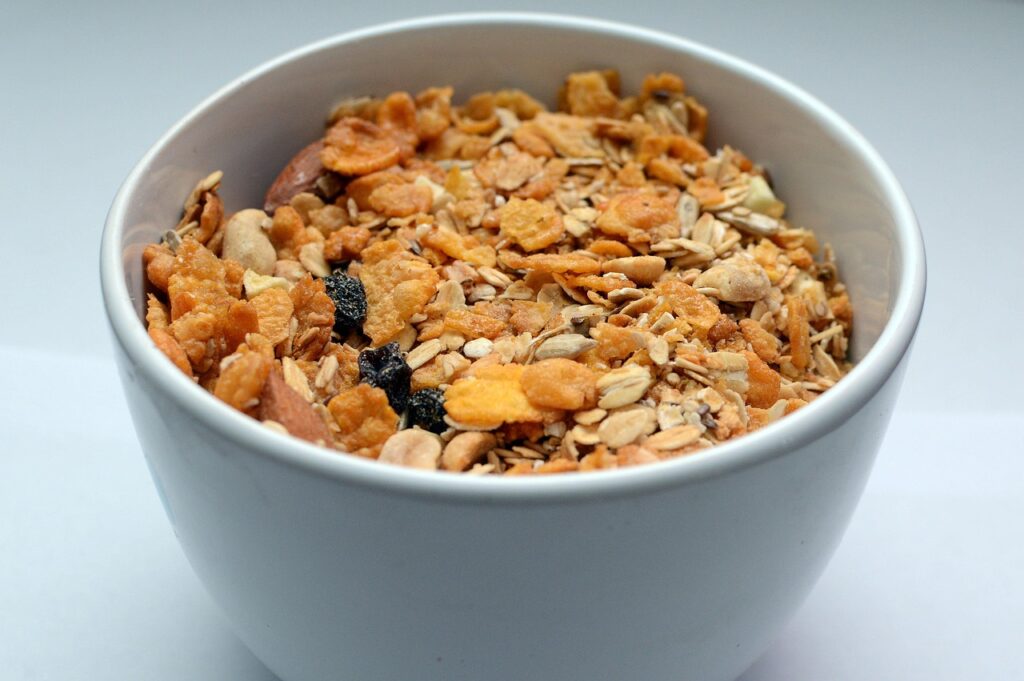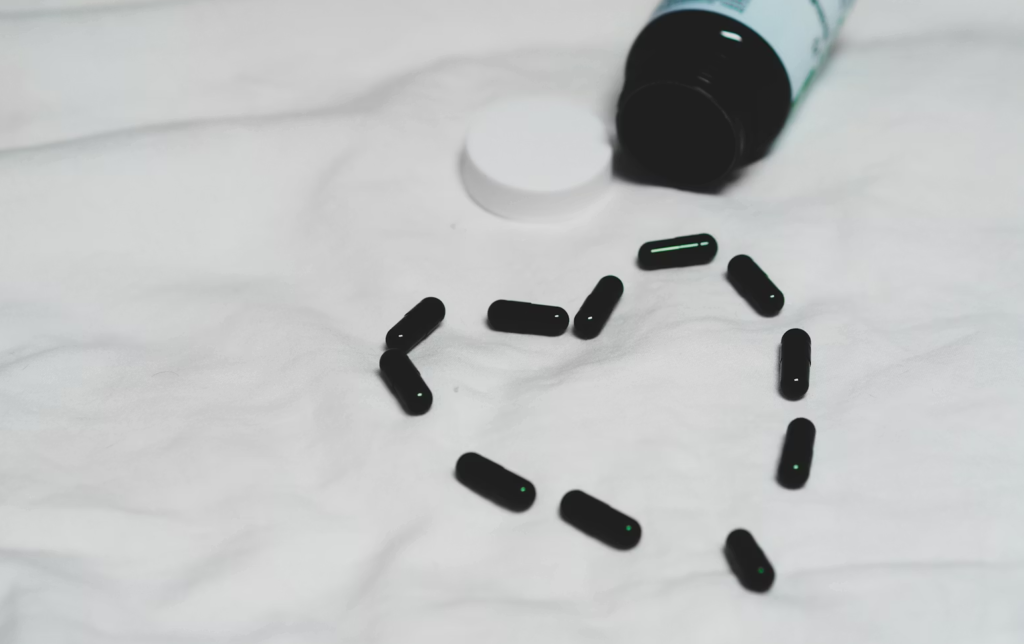If you’ve ever found yourself staring at a nutrition label wondering how much sugar is too much, you’re definitely not alone. Whether you’re a health-conscious eater, a parent watching your kids’ diets, or someone trying to lose weight, sugar is a sneaky ingredient that’s hard to avoid. It’s in everything -from your morning cereal to your “healthy” yogurt. And the truth is, while a little sugar is fine, too much can cause serious harm over time.
In this post, we’ll break down exactly what you need to know about sugar: how much is too much, where it hides in your diet, what it does to your body, and how you can cut back without feeling deprived. We’ll also answer common questions and wrap it up with some simple takeaways to help you make smarter choices.
What Counts as “Sugar”?
Before we answer how much sugar is too much, let’s define what we’re actually talking about. Sugar comes in many forms – some natural, some added. Natural sugars are found in fruits (fructose), dairy (lactose), and vegetables. These sugars are bundled with fiber, vitamins, and minerals, so they’re generally not a concern.
Added sugars, on the other hand, are the ones you need to watch. These include:
- Table sugar (sucrose)
- High-fructose corn syrup
- Honey and agave syrup
- Cane juice and fruit juice concentrates
These sugars are often added to processed foods to enhance flavor and shelf life. The problem? They offer calories without any real nutritional benefit, and they add up fast.

How Much Sugar Is Too Much?
Now let’s answer the big question: how much sugar is considered too much?
According to the American Heart Association (AHA), the recommended maximum daily intake of added sugar is:
- Men: 36 grams (9 teaspoons)
- Women: 25 grams (6 teaspoons)
- Children: 12–25 grams (3–6 teaspoons), depending on age
To put that in perspective, one can of soda can have up to 40 grams of sugar – already exceeding the daily limit in just one drink!

The World Health Organization (WHO) also suggests that added sugar should make up less than 10% of your total daily calories – ideally under 5% for added health benefits. That’s about 25 grams per day for someone on a 2,000-calorie diet.
Most people eat way more than that without even realizing it. That’s why understanding how much sugar you’re actually consuming is so important.
How Sugar Affects Your Body
So what happens when you consistently eat too much sugar?
The effects can be widespread and damaging. Here’s what excess sugar can do:
- Weight Gain: Added sugars are high in calories but don’t make you feel full. This leads to overeating and weight gain.
- Increased Risk of Chronic Disease: High sugar intake is linked to heart disease, type 2 diabetes, fatty liver disease, and even some cancers.
- Blood Sugar Spikes: Sugar causes rapid spikes in blood glucose followed by crashes, leading to fatigue, irritability, and sugar cravings.
- Dental Problems: Sugar feeds harmful bacteria in the mouth, leading to tooth decay and gum disease.
- Skin Issues: Too much sugar may trigger acne and speed up the skin aging process through a mechanism called glycation.

Over time, the impact of consuming too much sugar can really add up – making it worth the effort to cut back.
Where Sugar Hides in Your Diet
It’s not just the obvious sweets you need to worry about. Sugar is hiding in many foods that seem healthy on the surface. Here are some common culprits:
- Yogurt (especially flavored or low-fat varieties)
- Granola bars and protein bars
- Bottled sauces (BBQ sauce, ketchup, salad dressings)
- Instant oatmeal and breakfast cereals
- Fruit juices and smoothies
- “Healthy” snacks like dried fruit

Always check the nutrition label. Ingredients like dextrose, maltose, corn syrup, and evaporated cane juice are all code words for sugar. Even savory foods can contain surprising amounts of added sweeteners.
How to Cut Back on Sugar Without Feeling Deprived
Reducing how much sugar you eat doesn’t mean you have to give up everything sweet. It’s about making smart swaps and building awareness. Here are a few practical tips:
- Read Labels: Look for added sugars and aim for products with 5 grams or less per serving.
- Choose Whole Foods: Fruits, vegetables, whole grains, and lean proteins are naturally low in sugar and rich in nutrients.
- Make Your Own: Prepare snacks, salad dressings, and sauces at home so you can control the ingredients.
- Flavor with Spices: Use cinnamon, nutmeg, or vanilla instead of sugar to add flavor.
- Drink Smart: Swap sodas and sweetened coffees for water, sparkling water, or unsweetened tea.
- Don’t Be Too Rigid: It’s okay to enjoy dessert occasionally. Just be mindful of how often and how much.
Remember, the goal isn’t perfection – it’s balance. Once your taste buds adjust, you’ll likely find that overly sweet foods no longer appeal to you as much.
Common Questions About Sugar
1. Is natural sugar better than added sugar?
Yes. Natural sugars found in fruits and dairy come with fiber, vitamins, and minerals that help slow absorption and provide nutritional value. Added sugars, however, provide calories with little to no benefit.
2. Is honey or agave syrup healthier than white sugar?
Not really. Although these are marketed as healthier alternatives, your body processes them similarly to table sugar. They still count as added sugar and should be used sparingly.
3. How can I tell if I’m eating too much sugar?
Signs may include frequent energy crashes, sugar cravings, weight gain, mood swings, or breakouts. Reviewing your daily food choices and reading nutrition labels can help you gauge your intake.
Final thoughts: What You Need to Remember About Sugar
Let’s recap the key points:
- The answer to how much sugar is too much depends on your age, gender, and lifestyle, but most health experts recommend no more than 25–36 grams per day of added sugar.
- Excess sugar contributes to a range of health issues including obesity, heart disease, and diabetes.
- Sugar hides in many everyday foods – even those marketed as “healthy.”
- Cutting back is achievable with small, mindful changes and doesn’t require giving up everything you love.

The good news? Once you become more aware of how much sugar you’re consuming and where it’s coming from, you can take control of your sugar consumption right away.
Wha do you do to control your sugar consumption? Any tips to help fighting the cravings? Leave a comment below.
Disclosure: This post contains affiliate links. If you click through and make a purchase, we may earn a small commission at no extra cost to you. We only recommend products we genuinely believe in. This helps to support this website and allows us to continue producing free, valuable content.







